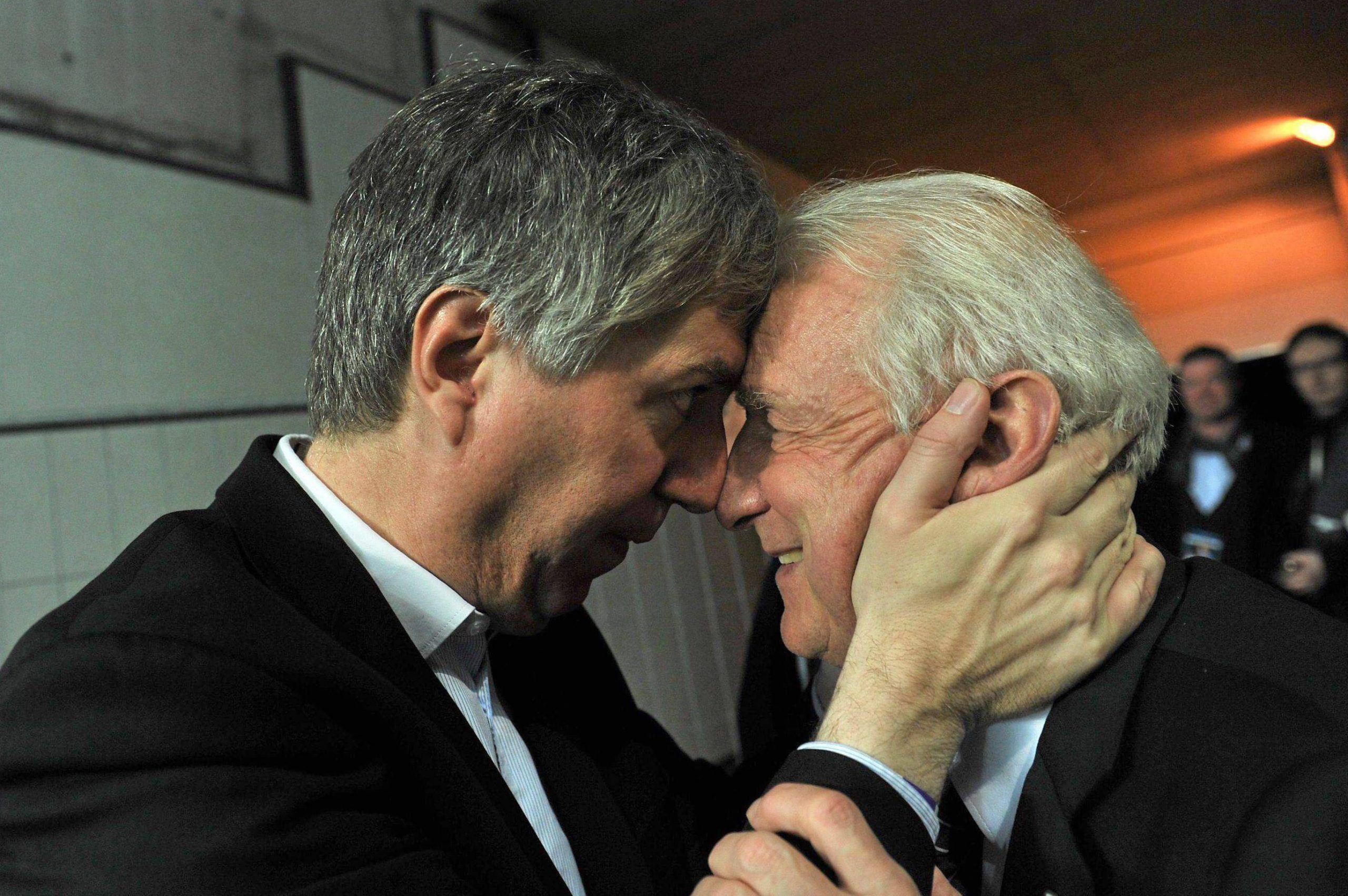In November 2011, the Republic of Ireland team travelled to Tallinn for the first leg of a European Championship play-off against Estonia. Ireland were on the verge of qualifying for a major tournament for the first time in ten years. Two years earlier, in Paris, Ireland had been denied a place in the World Cup when, in extra time, Thierry Henry handled the ball twice to set up William Gallas for a goal that sent France to the finals. It seemed an even greater injustice given the daring with which Ireland had approached the game. For those within the FAI…
Cancel at any time. Are you already a member? Log in here.
Want to read the full story?
Unlock this article – and everything else on The Currency – with an annual membership and receive a free Samsonite Upscape suitcase, retailing at €235, delivered to your door.

